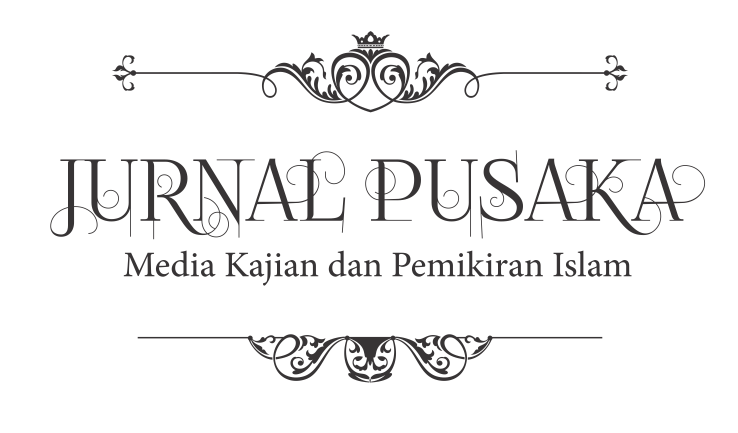Idiom Langgar, Surau, dan Musala dalam Perspektif Fikih
DOI:
https://doi.org/10.35897/ps.v14i1.1526Abstract
The basis of this discussion is attempted to be more comprehensive by basing it on two things that are considered quite basic, namely: First, traced from the concepts of mosques in the perspective of classical books (kutub al-turats). This is attempted through content analysis of the scattered yellow book texts in various fiqh studies. Second, examined from the perspective of the socio-religious traditions of Indonesian society. From the perspective of terminological discussion (ishthilahi), the building used as a place for congregational prayer in the texts of the Qur'an, the Sunnah, and books of fiqh only knows the name "Mosque", whether it is used for Friday prayers or not, in large or small forms, and not "Langgar, Surau, Mushalla". The explanation of the Qur'an regarding the reward of those who are building a mosque (QS. al-Baqarah: 187). From a sociological perspective and the actualization of the narrative of the texts in the books can be found in the socio-religious reality of Arab society in the Middle East. In addition to the grand mosque, in the Arab Emirates there are many buildings resembling mosques that are used for congregational prayers, i'tikaf and other worship besides Friday prayers. For example, the Abi Bakar Mosque, and the Ali ibn Abi Thalib Mosque. Although it seems controversial, the discourse that has developed among fiqh activists regarding the phenomenon of mosques and “Langgar, Surau, Mushalla” is divided into two. The first party is of the view that mosques and “Langgar, Surau, Mushalla” are not polarized in essence and function, even though their names are not the same. Meanwhile, the second party makes a dichotomous line between mosques and “Langgar, Surau, Mushalla”. For this party, a mosque is still a mosque, while “Langgar, Surau, Mushalla” is not a mosque. Two names for two different things and cannot be equated.
Key words: fikih; musala; langgar; Islam; mosque
Downloads
Downloads
Published
How to Cite
Issue
Section
License
Copyright (c) 2024 JURNAL PUSAKA

This work is licensed under a Creative Commons Attribution 4.0 International License.



